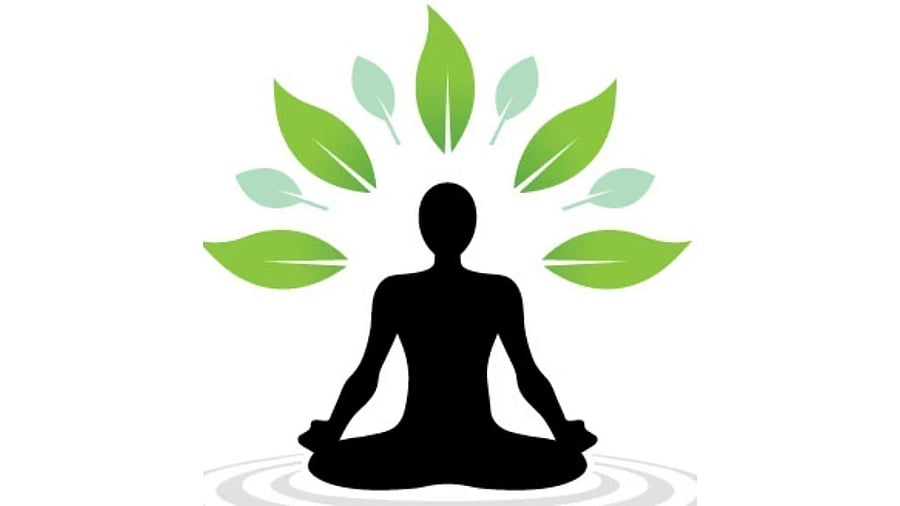
Oasis logo.
In a typical day, my friend went through life like anyone else. She had no signs, no drama and no reason to stop. Suddenly, without warning, a sharp pain gripped her chest. Soon after, she found herself in a hospital, her life hanging by a thread. Immediate medical care and intervention saved her, but the complications she faced made her survival seem miraculous. She told me,
“It was a near-death experience and I am back.” As Seneca once wrote, “It is not that we have a short time to live, but that we waste much of it.” Those words echoed in my mind as I watched her recover. We live as if we were promised eternity, filling our days with endless work and chasing achievements while neglecting what is truly important. But life has a way
of showing us that our time is not infinite and that the luxury of “later” is an illusion.
Moments like this shatter the illusion we live by. In ancient wisdom, the human body is likened to a temple, a sacred space that harbours the divine spirit and soul. Our body is more than just flesh and bone; it’s considered a holy vessel of our soul.
Yet, we treat it as an afterthought—feeding it poorly, pushing it too hard, and ignoring its quiet pleas for rest. We act as if our bodies will always obey, until one day they don’t. We often read about the importance of health and advise others, but we don’t follow our advice. We usually convince ourselves that relaxation and health can wait until the next project is finished, the next promotion is earned, or the next problem is solved.
We believe that love, laughter, and self-care will come “later.” But we don’t realise that ‘later’ is not a promise; it’s a gamble. A gamble that we are willing to take. The truth is, we waste more of our lives postponing than truly living. My friend’s close call with death changed her. She prays every morning, eats mindfully and protects her mental and physical health as fiercely as her commitments.
Let us take a moment to watch a sunset instead of rushing past. Let us stop living for “someday” and begin to embrace each moment as if it’s our last. Because one day, it will be. Perhaps Seneca’s warning is what we all need to hear. Life is not too short, but our careless living makes it seem that way. We cannot extend time, but we can choose not to waste it. And the best time to make that choice is now, before life stops us in our tracks.